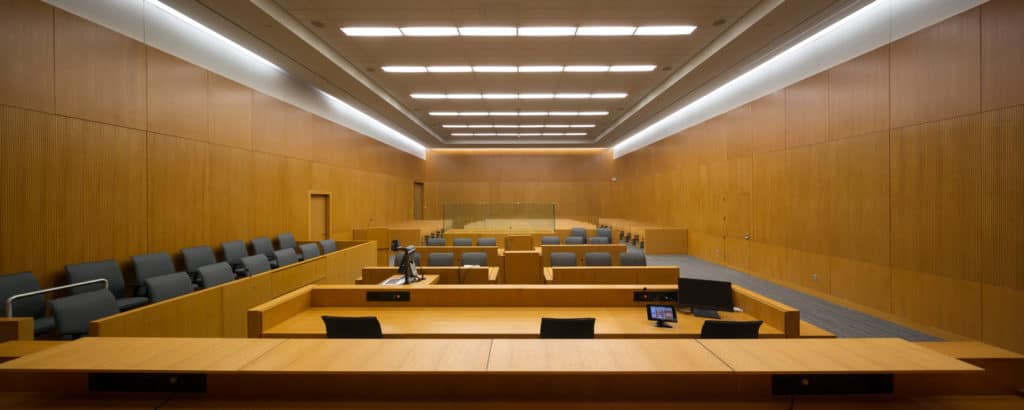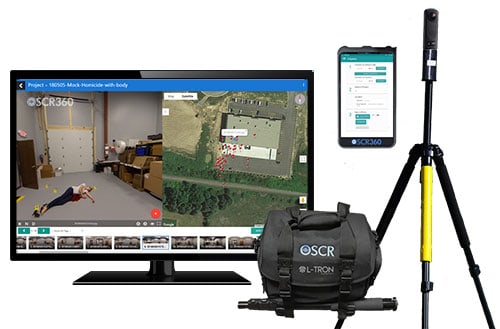What does a District Attorney do? How are District Attorneys selected? Your District Attorney FAQs answered.
It’s no secret that the criminal justice system has been in the news more frequently, from high-profile cases, to increasing violence, to policy reform and more. Here, we break down some of your most common questions about a key role in the criminal justice system: our district attorneys.
- What does a district attorney do?
The role of a district attorney is vital to our criminal justice system. Ultimately, the DA’s job can be summed up in just a few words: The pursuit of justice.
A district attorney leads a team of assistant district attorneys (ADAs), investigators and administrative support staff as they collectively seek to prosecute criminals, prevent crimes, and support/give a voice to the victims of crime. In fact, one could say that a district attorney controls the majority of decisions within our criminal justice system. For instance, the DA’s office works closely with law enforcement agencies and to piece together all of the evidence for a given case. The district attorney’s office also decides who to charge, what crime(s) to charge them with, whether to offer a plea deal or take a case to trial. District attorneys even provide recommendations to the court for sentencing.
A district attorney’s job is an executive function, so you won’t typically see the DA in a courtroom. Oftentimes assistant district attorneys and prosecutors will be the ones to present a case in court. Rather, the DA is busy keeping the community safe and servicing the public. Daily leadership tasks might include:
- Consulting with prosecutors on case updates.
- Public speaking engagements and interviews.
- Community engagement opportunities.
- Stakeholder meetings on hot-topic issues like crime prevention, intervention programs, and support for crime victims.

- How are district attorneys selected?
A district attorney is an elected official, chosen by the people, for the people.
Within the DA’s office, assistant district attorneys (ADAs), District Attorney investigators and other support staff are hired to assist with everything from case research and courtroom prosecution to administrative tasks and public engagements. To become a prosecutor in any capacity, one must attend law school and pass the bar exam. Each ADA will be assigned to a specialized unit within the DA’s office, which may include gangs, organized crimes, hate crimes, domestic violence, sex trafficking, elder abuse, consumer fraud, etc.
- What is the term length of a district attorney?
Generally, district attorneys are elected to a four-year term. However, the position of district attorney has no term limits, so some district attorneys remain in their roles for decades.
- How does the district attorney’s office work proactively in the community?
Many people think of the DA’s office as a place where lawyers work to prosecute and convict criminals. Yes, that’s a major part of the job, but the DA’s office also has other responsibilities, such as working to prevent crime and protecting and supporting crime victims. Proactive measures taken by the DA’s office include things like:
- Going through special court systems to avoid jail time with the goal of breaking the criminal cycle. In these types of cases, offenders may be required to receive mental health treatment, provided housing solutions, or enter rehabilitation programs.
- Restorative justice programs help offenders understand the harm they’ve caused to the community and ultimately restore relationships.
- Working with youth to promote positive lifestyle choices and the pursuit of education.
- Helping those with prior convictions to find job and re-enter society safely and effectively.
- Community education programs designed to teach people to recognize and report crimes like child abuse, elder abuse, sexual abuse, and human trafficking.
- Supporting crime victims with emotional and mental health support to help them respond to the trauma they have experienced.
- How does a district attorney file charges?
After law enforcement makes an arrest, the DA’s office works alongside law enforcement to carefully review all the facts and evidence about a given case. While an arrest only requires law enforcement officers to have probable cause, a criminal trial requires prosecutors to have enough evidence to establish that each and every element of a crime can be proven beyond and to the exclusion of any reasonable doubt. Prosecuting violent and dangerous crimes is a priority for DA offices, as they seek to maintain public safety.
The typical steps for filing charges are as follows:
- Review the police report and probable cause affidavit Review all evidence that has been collected thus far.
- Investigate further and gather additional evidence, if needed. Take witness depositions. Determine whether there is enough evidence to support a conviction, thereby protecting the rights of the innocent.
- Decide whether to reduce, increase, or leave the charges the same based on the evidence gathered (or lack thereof).
- Negotiate with the defense attorney to compromise and offer a plea bargain – or file the case for courtroom prosecution and prepare for trial.
When a case is taken to trial, the prosecutor has one goal: to obtain a conviction and serve justice for the victim, the victim’s loved ones, and the greater community. Case closed.
- What kind of tools exist to assist busy district attorney’s offices?
Prosecutors are notoriously swamped with cases, cases, and more cases. And prosecuting these cases requires skill, practice and time. While the job itself may never get any easier, we do live during a time when technology is available to alleviate some of the manual workload. Technology tools, like case presentation software, can assist Attorneys in closing cases more efficiently, and with convictions.
L-Tron’s OSCR360 aids the DA’s office during courtroom presentations. Built from the voices of prosecutors and law enforcement to be user-friendly and effective, OSCR is the single tool to store all digital evidence and present the case in court.
An OSCR project can initially be created by a law enforcement office or a district attorney’s office. No matter who creates the file, OSCR projects are easily shared between cooperating agencies. With OSCR:

- Gain convictions and close cases.
- OSCR is used and accepted in court
- Bring the scene to the courtroom with a virtual walk-through of your case.
- Seamless integration and sharing between agencies (law enforcement, judges, juries, etc.)
- OSCR provides context to the evidence you present in the courtroom.
Interested in more information on District Attorneys or how OSCR may be able to assist your DA?